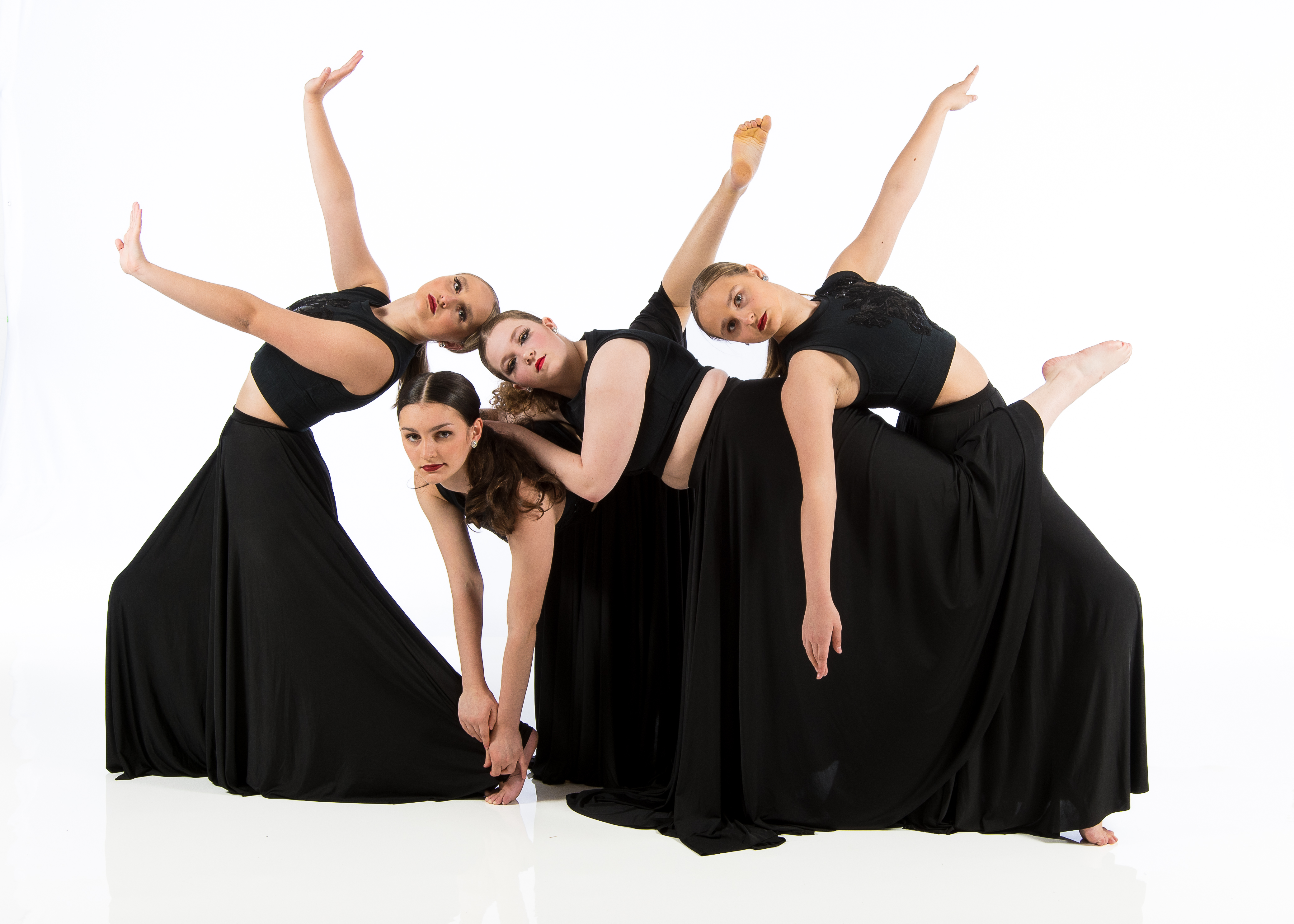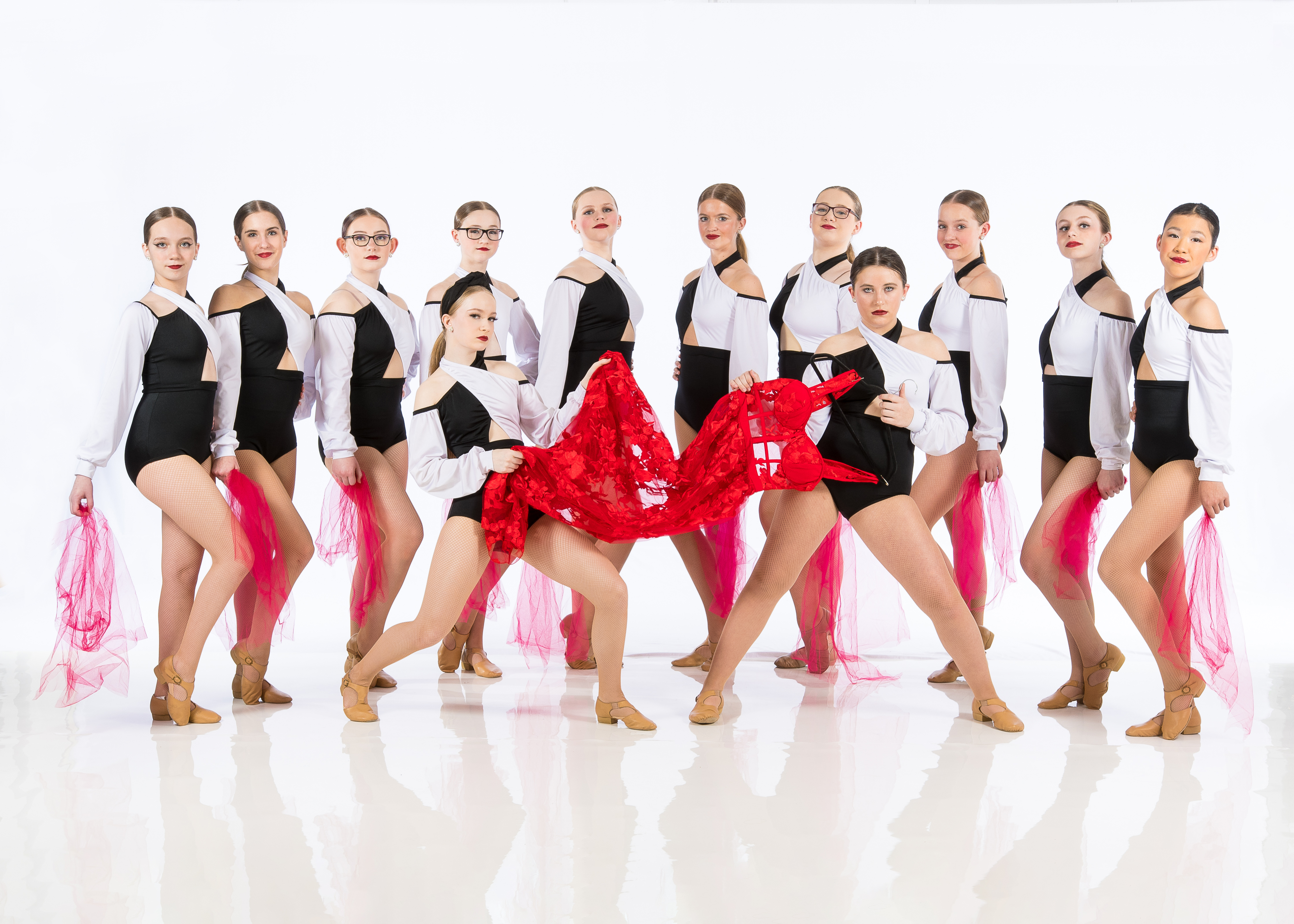Introduction
Stepping right into a dance studio for the very first time is an electrifying experience, one that can mix a mixed drink of feelings-- exhilaration, anxiousness, anticipation. Whether you're a skilled dancer or simply starting your journey, comprehending the subtleties of dance studio decorum can boost your experience and boost your relationships with instructors and fellow dancers alike. In this thorough overview, we'll dive deep into Mastering Dance Studio Etiquette: Vital Tips for Beginners and Pros Alike
From basic guidelines to sophisticated considerations, this article will cover everything you require to find out about browsing the dynamic world of dance studios. So tighten those shoelaces and allow's obtain started!
The Relevance of Dance Studio Etiquette
Why Etiquette Matters in Dance Studios?
In any imaginative setting, rules plays a crucial duty in maintaining consistency and respect among participants. Dance studios are no exemption. Good etiquette cultivates a favorable environment where creativity can flourish.
- Respect: Being thoughtful towards teachers and fellow dancers builds shared respect. Focus: Etiquette lessens distractions, permitting everybody to focus on learning. Community: Rules aids develop an encouraging community that motivates development and camaraderie.
Common Misconceptions Concerning Dance Studio Etiquette
Many novices hold mistaken beliefs regarding what constitutes appropriate actions in dancing studios. Allow's unmask some misconceptions:
- Myth 1: "Just advanced dancers need to adhere to etiquette." Fact: Etiquette is essential for all degrees; it mirrors professionalism. Myth 2: "Trainers are too stringent about rules." Fact: Trainers impose policies to keep order and respect.
Basic Dance Studio Rules for Beginners
Dress Code: What to Wear?
First impacts matter! The appropriate clothes not only reflects your dedication yet likewise enhances your performance. Here's just how to clothe appropriately:
- Comfort: Pick garments that enable totally free movement. Footwear: Purchase good-quality shoes matched to your dance style.
|Dancing Design|Advised Clothing|| -------------|-------------------------|| Ballet|Leotard, leggings, ballet sandals|| Hip-Hop|Loose-fitting apparel, sneakers|| Tap|Comfy clothing, tap shoes|
Arriving promptly: Punctuality is Key!
Being late can interrupt the whole class. Objective to come to least 10 minutes early to:

- Warm up. Settle in mentally.
Tip: If you're running late due to unforeseen circumstances, educate the teacher beforehand.
Quiet Area: Maintaining Silence Prior To Class
Dance studios thrive on focus. Maintain discussions to a minimum before course begins to make certain everyone can prepare mentally.
Intermediate Dance Studio Rules: Structure Relationships
Respecting Personal Room in Class
Every dancer deserves their space throughout practice sessions. Prevent crowding others while exercising actions or routines.
Why It Matters: Respecting personal area promotes comfort and promotes much better learning experiences.
Listening Proactively During Instructions
When a teacher is talking, it's important to listen. Active listening demonstrates respect and assists you understand important concepts.
How To Program Active Listening:
Maintain eye call with the instructor. Nod when appropriate. Ask clearing up questions if needed.Advanced Dance Studio Rules: Raising Your Experience
Providing Useful Comments Wisely
As you grow a lot more seasoned, sharing comments becomes part of the culture. Nonetheless, approach this naturally:
Focus on certain activities rather than general critique. Offer suggestions just if solicited by peers.Encouraging Others: Structure Area Spirit
Support your fellow dancers via support:
- Compliment their initiatives genuinely. Celebrate their success openly.
Mastering Dance Studio Etiquette: Necessary Tips for Beginners and Pros Alike-- The Teachers' Perspective
Understanding Teacher Expectations
Instructors generally have details expectations concerning actions in course. Acquainting on your own with these can considerably enhance your knowing experience:
Listen attentively when they speak. Follow directions precisely. Give your best effort during every session.Building Relationship with Your Instructor
Establishing an excellent relationship with trainers can be valuable for your development as a professional dancer:
- Ask inquiries related to choreography or strategy after class. Thank them for their support post-class; appreciation goes a lengthy way!
Handling Dispute With dignity in the Dance Studio Environment
Dealing with Disagreements Among Peers
Conflicts may arise within any team setup; knowing exactly how to handle them beautifully is vital:
Approach the person independently without rising tension. Use "I" statements instead of "you" declarations (e.g., "I felt ignored when ...").Addressing Issues with Teachers Professionally
If you have problems pertaining to direction or class dynamics:
Request a personal conference after class hours. Express your feelings constructively focusing on options as opposed to complaints.The Function of Non-Verbal Interaction in Dancing Studios
Understanding Body Language Signals
Dance inherently involves non-verbal interaction; comprehending exactly how body language features in this context is crucial:
Positive body movement (e.g., open stance) cultivates connection. Negative signals (gone across arms) might share defensiveness or disengagement.Using Eye Call Effectively During Classes
Maintaining eye call with trainers shares listening while also helping develop relationship among peers during group performances!
FAQs
Q1: What must I wear for my very first dancing class?
A1: Choose comfortable apparel that allows free motion-- yoga exercise pants or tights paired with a fitted top jobs well!
Q2: Is it fine to miss out on classes occasionally?
A2: Life happens! Notify your instructor ahead of time if possible; they'll appreciate your consideration.
Q3: How do I manage feeling reluctant around other dancers?
A3: Beginning small-- introduce on your own one-on-one prior to increasing communications gradually as Dance Academy familiarity grows!

Q4: Can I bring pals along to observe classes?
A4: A lot of workshops prefer prior setups; check with administration first so they recognize extra attendees!
Q5: What if I disagree with an instructor's feedback?
A5: Approach them pleasantly post-class; reveal sensations making use of "I" declarations concentrating on useful discussion instead of confrontation!
Q6: Need to I take part in performances also if I'm new?
A6: Definitely! Getting involved increases confidence-- speak out relating to any type of reluctances so lodgings can be made accordingly!
Conclusion
Mastering dance studio etiquette isn't practically following policies; it's about growing an enhancing atmosphere where everybody really feels valued and influenced-- whether you're just starting or fine-tuning innovative strategies as a skilled pro! By adhering very closely to these important pointers outlined below under Mastering Dance Studio Rules: Necessary Tips for Beginners and Pros Alike, not just will you enhance your very own experience however also add favorably in the direction of nurturing an inviting neighborhood within each dance studio you elegance with your existence! So take these understandings ahead right into every workshop space you enter-- and let the rhythm lug you toward excellence!